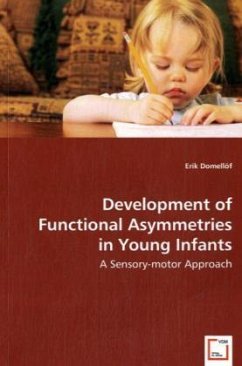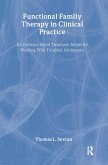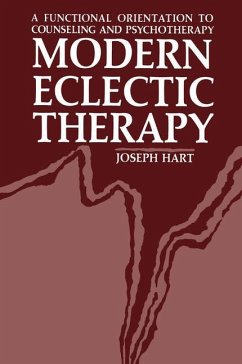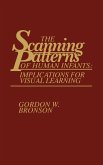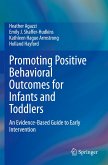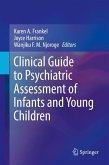Functional laterality in terms of a right-sided preference in most sensory-motor activities (e.g., right handedness) is a typical human characteristic. However, why humans seem to be characterized by right-sidedness as the norm and how this develops is still unclear. This book addresses these issues with regard to the early development of functional asymmetries in human newborns and young infants. The book begins with a description of theories, findings and issues in motor control, motor system development and infant motor asymmetries. It then goes on to present three empirical studies providing new evidence for early side differences in newborn leg movements and in the development of goal-directed arm movements in 6 to 36-month-old infants. Throughout, the clinical implications of this research are also emphasized and discussed. It is proposed that the early development of side preferences is biologically rooted, although susceptible to change due to environmental factors such as a premature birth. The book will provide valuable reading for advanced psychology students, researchers, health professionals and others interested in infant sensory-motor development.
Bitte wählen Sie Ihr Anliegen aus.
Rechnungen
Retourenschein anfordern
Bestellstatus
Storno

